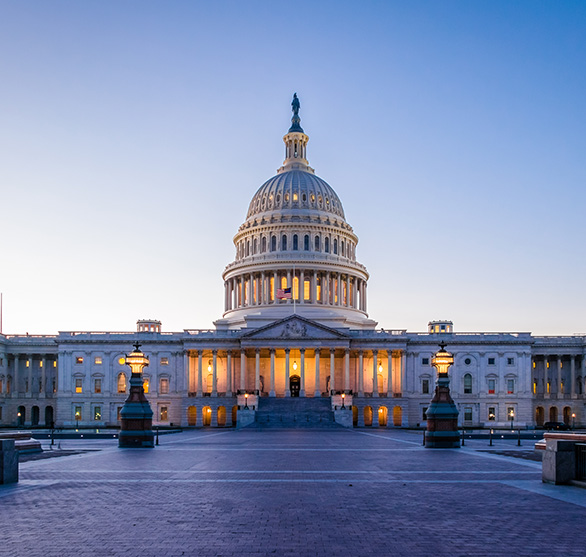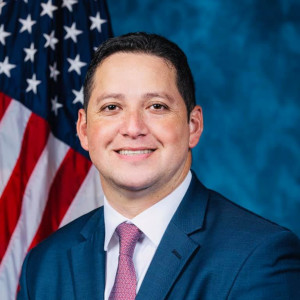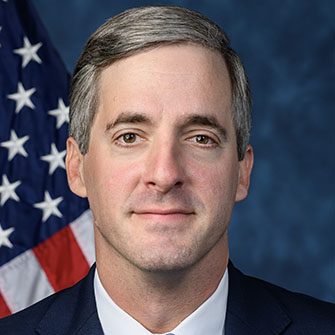Committee On Homeland Security
Congress formally established the Homeland Security Committee as a standing committee in 2005 to ensure that the American people were protected from terrorist attacks. The committee focuses on legislation and oversight related to the security of the United States.
The Committee Rules can be found here.
History
The Committee on Homeland Security was created by the U.S. House of Representatives in 2002 in the aftermath of September 11, 2001. The Committee was first formed as a Select, non-permanent Committee to provide Congressional oversight over the development of the Department of Homeland Security. The Committee was made permanent when it was designated as a Standing Committee of the House on January 4, 2005, the first day of the 109th Congress.


















